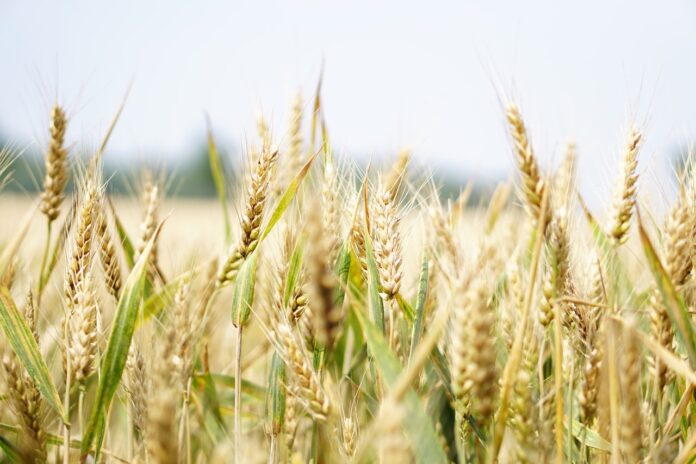November 19 marks 120 days since the signing of the Black Sea Grain Initiative. The agreement between Ukraine, Russia, Turkey, and the UN has allowed restoring grain shipments from Ukrainian ports, previously blocked by Russia. However, continuous export of food from 3 Ukrainian ports (Odesa, Chernomorsk, and Pivdennyi) is under threat, as Russia seeks to reduce the capacity of the corridor and to limit grain shipments. Additionally, the 2022 and 2023 harvests are bound to suffer from the fact that vast swaths of agricultural land are rendered unfit for cultivation by combat activity, landmines, and Russian occupation.
Despite the ongoing war, Ukraine remains an important food supplier. It’s the 4th largest supplier of agricultural products and the main supplier of sunflower oil to the EU. Thanks to the UN-brokered deal, in September 2022 Ukraine increased its agricultural exports by 41% compared to August 2022. This is a record figure since the beginning of Russia’s full-scale invasion of Ukraine. Almost 12 million tons of Ukrainian grain, which can feed 400 million people, were exported with the help of the “Solidarity Lanes” program. The Food and Agriculture Organization of the United Nations (FAO) is implementing a Grain Storage Support Strategy to provide temporary storage capacity to Ukrainian farmers.
Nevertheless, Ukraine’s total grain exports are down 48.6% so far in the 2022-2023 season compared to the previous season. As of June 2, 2022, only 14.2 million ha had been planted with spring crops, which is 19.4 percent less than last year. According to Ukraine’s Ministry of Agriculture, 30 percent of the country’s farmland is occupied or unsafe. 160,000 square kilometers of land may be “contaminated” by land mines and other explosives, as estimated by the government of Ukraine. And while farmers are braving the danger to sow winter crops and complete the 2022 harvest, the projected decline in Ukraine’s food production due to the war is significant enough to raise the alarm.
At the same time, Russia is continuously smuggling grain from the territories it has occupied in southern Ukraine, having illegally exported at least $530 million worth of it. The theft of Ukrainian grain and equipment, burning of crops, and blocking of ports has led to more than $4 billion in direct losses, such as destroyed, burned and stolen goods, and more than $22 billion in lost potential income for Ukraine’s agro-industrial complex. These losses further threaten the 2023 output of the country’s agricultural sector.
Ukraine urges the EU to help make emergency grain routes permanent. The country needs financial support to demine farmlands and reduce dependence on Black Sea exports, which Russia previously blocked, as well as military aid to deoccupy its southern territories, where vital seaports and agricultural assets are located.

| [donate]
| Help keep news FREE for our readersSupporting your local community newspaper/online news outlet is crucial now more than ever. If you believe in independent journalism,then consider making a valuable contribution by making a one-time or monthly donation. We operate in rural areas where providing unbiased news can be challenging. |


















